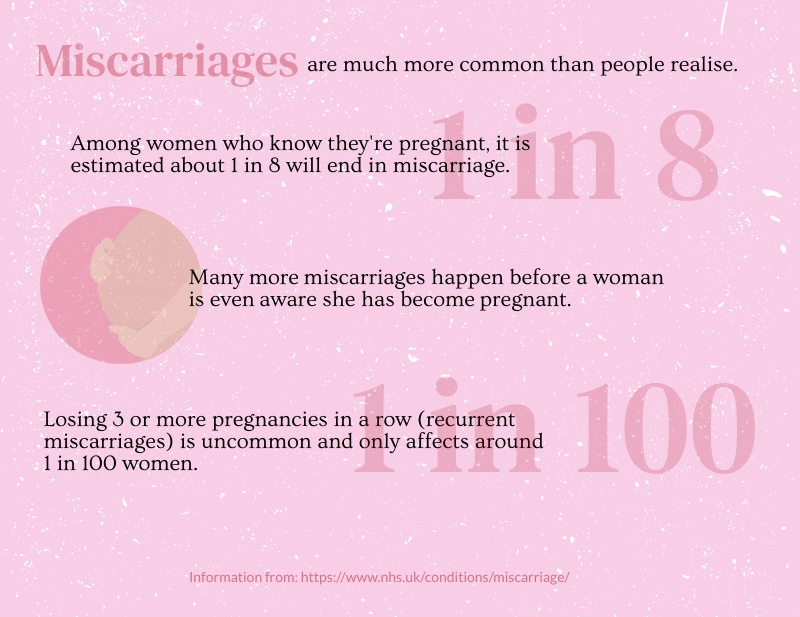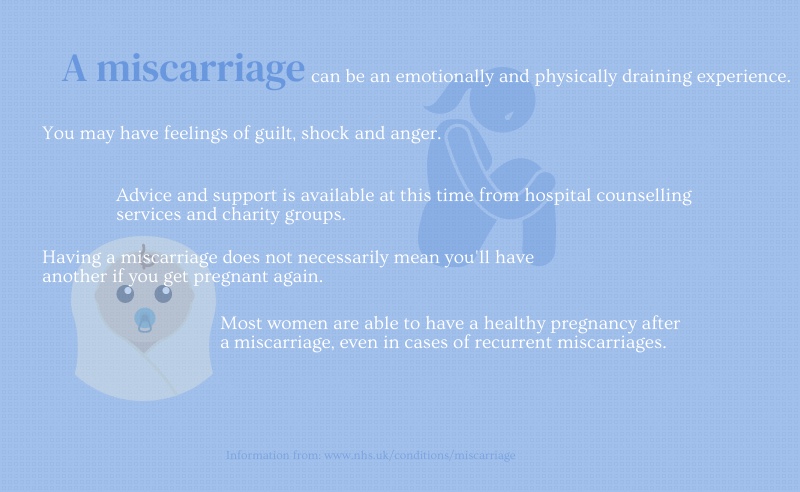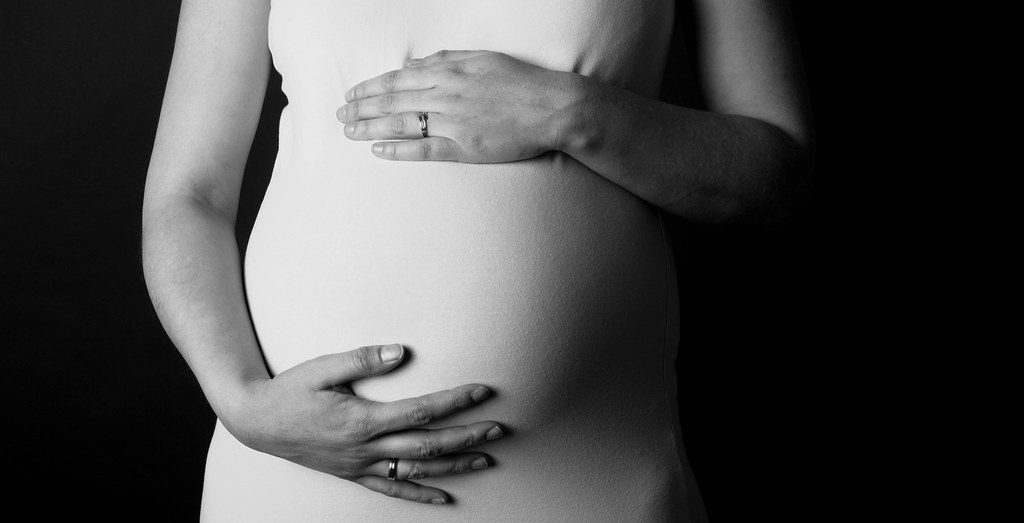Image credit: Tatiana Vdv via Flickr
A simulation was developed by Anne Leyland at The University of Salford whereby students are taught how to support and care for bereaved parents, from post-natal to pre-natal care, through role play.
Anne said, “We use real people to enact a couple who have been given the diagnoses of a death of a baby.
“The students engage in that in an ongoing basis from the initial diagnoses right through to the post-natal care, seeing and holding the baby.
“Our simulation, I developed it and in 2017 we were shortlisted for Royal College of Midwives award for our simulation education and bereavement.”

Anne explained that there needs to be, “more of a model of education that enables students as midwives in the future, to be able to communicate sensitively and passionately with bereaved parents.
“I think that is what we need to develop further, how to speak and communicate with bereaved parents and we work on that quite strongly here.”

Baby Loss Awareness Week will annually take place from 9 to 15 October 2019.
The awareness week will allow for time to remember the babies lost in pregnancy soon after birth.
It is recognised within the Miscarriage Association campaign that there is a lack of access to psychological therapies for people needing extra mental health support after pregnancy or baby loss.
For anyone who has been affected by Baby Loss, no matter how long ago or recent.
The Church will be lit up Pink and Blue in support of Baby Loss Awareness Week (9th – 15th October)
We hope you can join us next Tuesday 15th October at 6.30pm#TheWaveOfLight#BabyLossAwareness pic.twitter.com/n0611Hyzp8
— The TeddyRose Foundation (@TeddyRoseWhite) October 8, 2019
Without the right support and care after pregnancy or baby loss, it can cause long term psychological effects.
Anne said, “The death of a baby in a couples life is a major thing.
“If they don’t get the right support and care afterwards, they can have long term psychological effect which can impact on the adjustment of their loss.”
Miscarriages are more common than people realise, with an estimated 1 in 8 women who know they are pregnant, suffering from a miscarriage.
However, many miscarriages happen before a woman is aware that she is pregnant.
This Baby Loss Awareness Week, join the campaign to make it easier for anyone who needs specialist psychological support following pregnancy loss or the death of a baby can access it, free on the NHS. Download the #BLAWOutOfSight report here: https://t.co/mpB0mmkhID #BLAW2019 pic.twitter.com/b27EAPJRLX
— Miscarriage Association (@MiscarriageA) October 8, 2019
The simulation has been successful amongst students, with Anne stating that, “Our students have evaluated that quite positively and find it really helps them as the whole thing is around developing skills for communication with bereaved parents from a health care professional perspective.”
















Recent Comments